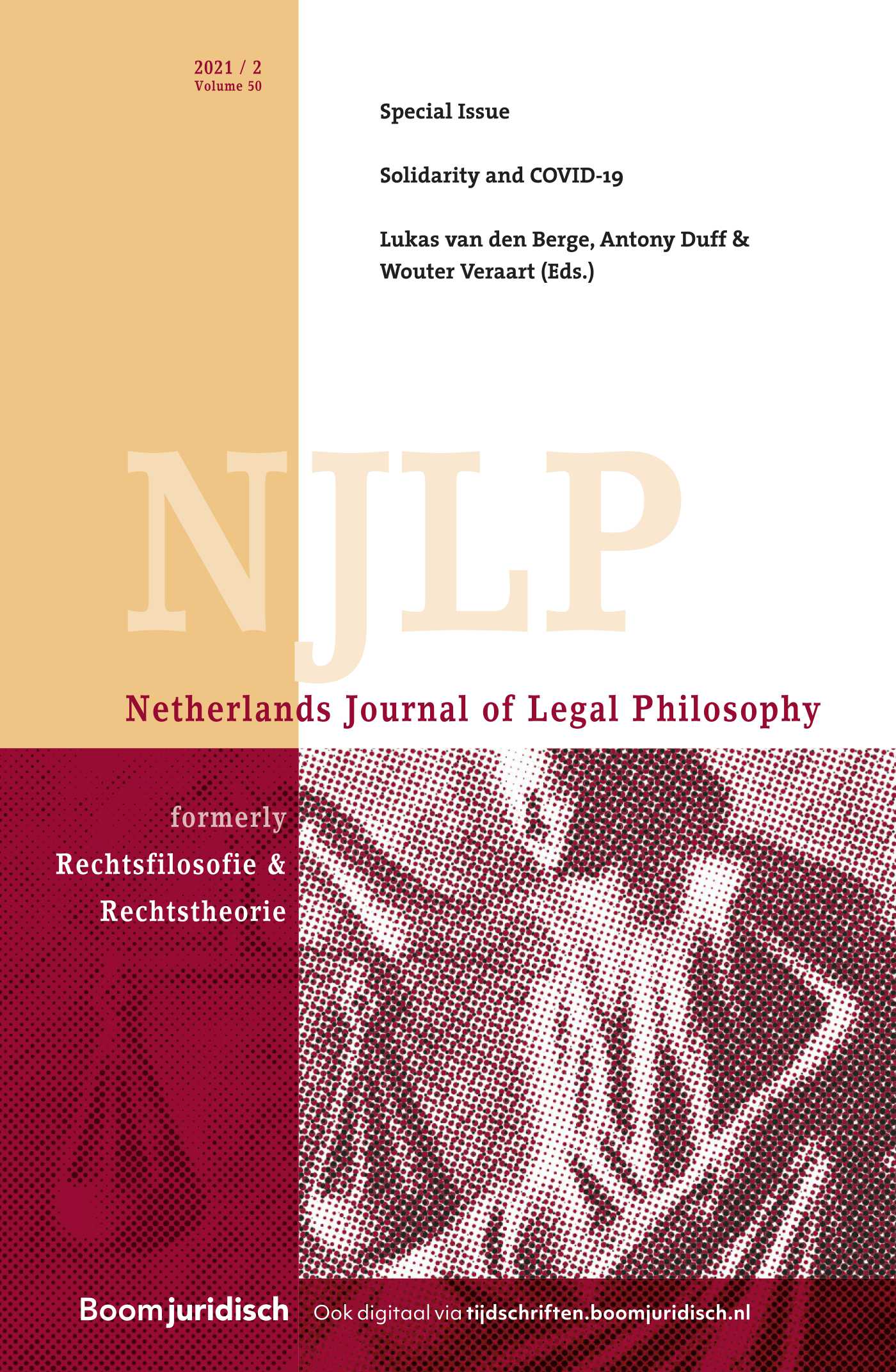|
Most legal positivists today hold that legal positivism is a morally neutral and purely descriptive account of the nature of law. This article considers this claim by examining Brian Leiter’s intriguing claim to the contrary. While I welcome examining the political presuppositions of jurisprudential theories, I show that the association of legal positivism with radicalism is not true. Examining the works of prominent legal positivists, I show that there is no basis for thinking of any of them as a political radical. I also show that many legal positivists were politically conservative. Beyond the historical question, I also argue that there is no basis for the claim that legal positivism is necessary for radical political action. On the contrary, I show that many radical political movements aligned with natural law theory and offer a possible explanation for this phenomenon. The latter point serves as the basis for an alternative way of explaining the political component of legal theory. I propose that we stop thinking of competing theories of law as descriptive or conceptual claims about the nature of law and think of them instead of grounded in different political ideas of legitimate authority. |


Netherlands Journal of Legal Philosophy
About this journalSubscribe to the email alerts for this journal here to receive notifications when a new issue is at your disposal.
| Article |
|
| Keywords | legal positivism, natural law theory, law and politics, history of jurisprudence |
| Authors | Dan Priel |
| AbstractAuthor's information |
| Article |
|
| Keywords | law, justice, virtue, role duties, rights |
| Authors | Tristan J. Rogers |
| AbstractAuthor's information |
|
Law and justice are near synonyms in common speech. We expect the law to deliver justice, and we cannot imagine justice absent some system of law. In his recent book, Justice before the Law, Michael Huemer challenges this traditional view of law and justice. Given the prevalence of unjust laws and legal practices in the United States, and the deference shown to law by agents of the American legal system, Huemer argues that we ought to affirm the primacy of justice over the law. This article argues that Huemer is right about the primacy of justice, but he errs in his understanding of what justice is, and the means through which it is best achieved. Law operates as a form of enquiry that seeks to discover what justice is. Law is a necessary means to justice. True justice must be justice under law. |

 Issue Pre-publications
Issue Pre-publications